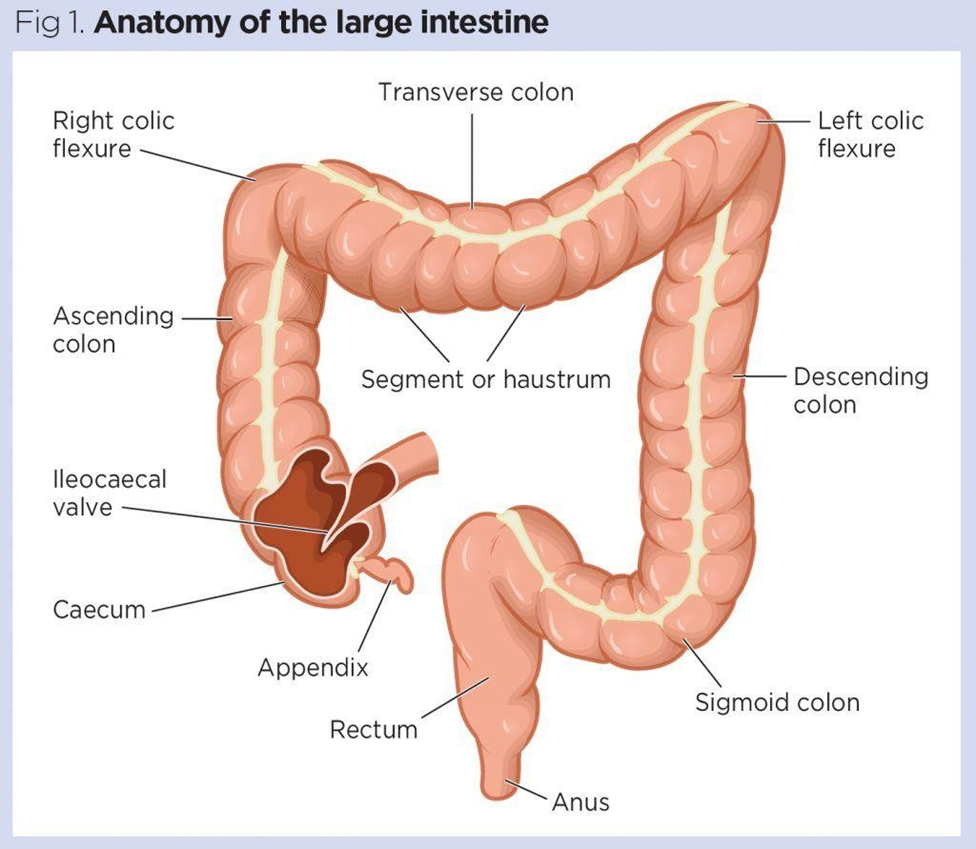A nurse is assisting with teaching a client who is on a low potassium diet which of the following instructions should the nurse include?
Avoid using salt substitutes when cooking.
Replace sugar with molasses when baking.
Choose orange juice instead of apple juice.
Eat granola for breakfast.
The Correct Answer is A
A. Salt substitutes often contain potassium chloride, which can significantly increase potassium intake. For someone on a low-potassium diet, it's essential to avoid these substitutes.
B. Molasses does not inherently have a higher potassium content than sugar, so this substitution does not significantly impact potassium intake.
C. Orange juice typically has a higher potassium content than apple juice, so this recommendation could increase potassium intake, contrary to a low-potassium diet.
D. Granola can contain varying amounts of potassium depending on the ingredients, so it might not always align with a low-potassium diet.
Nursing Test Bank
Naxlex Comprehensive Predictor Exams
Related Questions
Correct Answer is A
Explanation
A. The descending colon is a part of the large intestine, specifically the section that runs downward on the left side of the abdomen.
B. The pancreas is a gland located behind the stomach that plays a role in digestion by secreting enzymes, but it is not a part of the large intestine.
C. The ureter is a tube that carries urine from the kidneys to the bladder, not part of the large intestine.
D. The pancreas was listed twice; it is not part of the large intestine but an organ of the digestive system.

Correct Answer is A
Explanation
A. The responsibility for obtaining prior insurance authorization typically falls on the admitting provider's office, as they initiate the admission process and coordinate the necessary approvals.
B. The admitting office of the hospital manages administrative tasks related to the admission process but usually doesn't handle insurance authorization directly.
C. The nursing unit focuses on patient care rather than administrative tasks like insurance authorization for admissions.
D. While the nurse plays a crucial role in patient care, the responsibility for insurance authorization generally rests with the admitting provider's office or administrative staff handling admissions.
Whether you are a student looking to ace your exams or a practicing nurse seeking to enhance your expertise , our nursing education contents will empower you with the confidence and competence to make a difference in the lives of patients and become a respected leader in the healthcare field.
Visit Naxlex, invest in your future and unlock endless possibilities with our unparalleled nursing education contents today
Report Wrong Answer on the Current Question
Do you disagree with the answer? If yes, what is your expected answer? Explain.
Kindly be descriptive with the issue you are facing.
